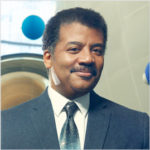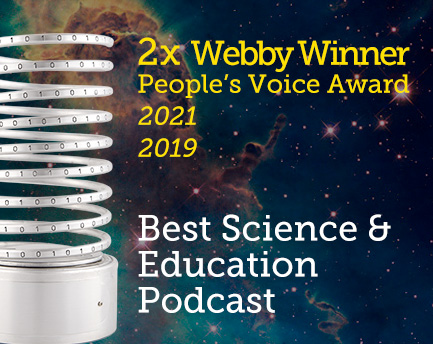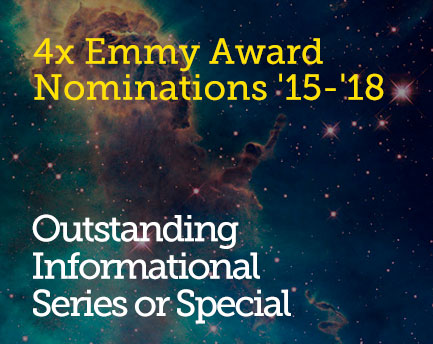About This Episode
How do we stop anti-science? In this episode, Neil deGrasse Tyson sits down with evolutionary biologist Richard Dawkins to talk about religion, the importance of science communication, and Dawkins’ new book, Books Do Furnish a Life: Reading and Writing Science. How does the public receive scientific information?
You’ll learn about the role of being a science communicator and what lessons Neil and Richard have learned over the years. What’s the difference between the written and the spoken word? How do you get the attention of people who don’t read often? We discuss the value of social media from a scientific perspective.
We get into religion, and the meaning of faith-based belief and evidence-based belief. What tactics do you use to convince someone to trust science? Is it worth it? Why does it matter? We philosophize about truth, what it means to live in a free society, and Richard’s other book The God Delusion. What is a secular humanist? What does morality look like without a higher power? How do you create a code of ethics based on scientific thought?
Discover the cost of pseudoscience and what the future of religion is in society. Is atheism catching on? Or if you take away someone’s religion is it going to be replaced with something else? Find out about B.F. Skinner’s superstitious pigeons and how we misuse intuitive statistics every day. What sort of ethics exist for different types of scientists? We break down ethical lapses in biology, like the eugenics movement and Tuskegee study. And what happens if scientists fail to communicate well with the public? How has this impacted the pandemic? We also discuss the public understanding of science, the role of academia, and how people approach statistics and risk. Are you approaching risk wrong in your life? Plus, we ask, are we hardwired to think religiously? Find out, on another episode of StarTalk!
Thanks to our Patrons Tariq Shureih, David Matthews, Jordna Sisinni, Bryan Paschal, Ivan Karpan, joann lovan, Joe Selmser, Robert Pierce, Ash (Æ), and Daniel Smith for supporting us this week.
NOTE: StarTalk+ Patrons can watch or listen to this entire episode commercial-free.




 Unlock with Patreon
Unlock with Patreon

 Become a Patron
Become a Patron

